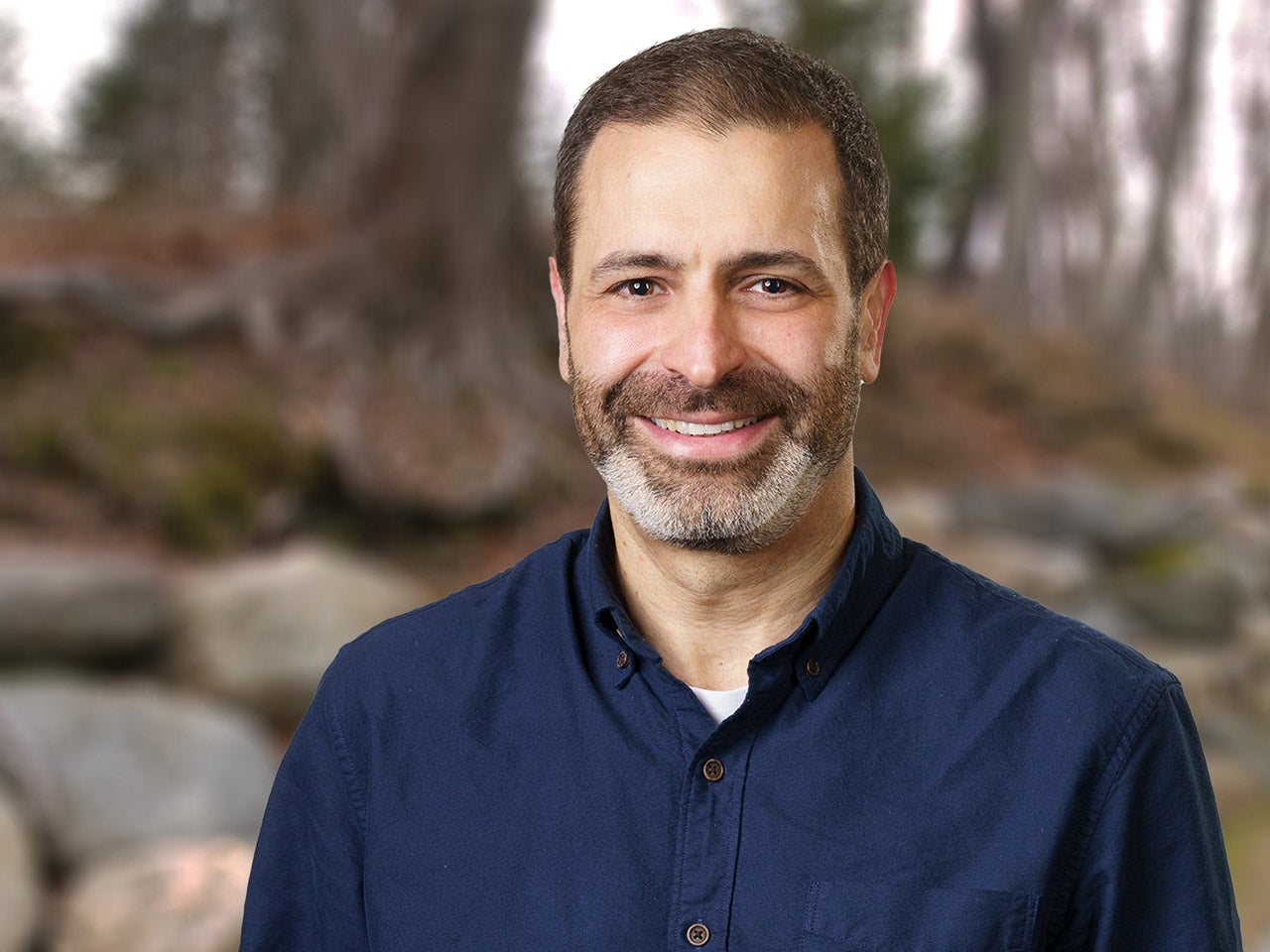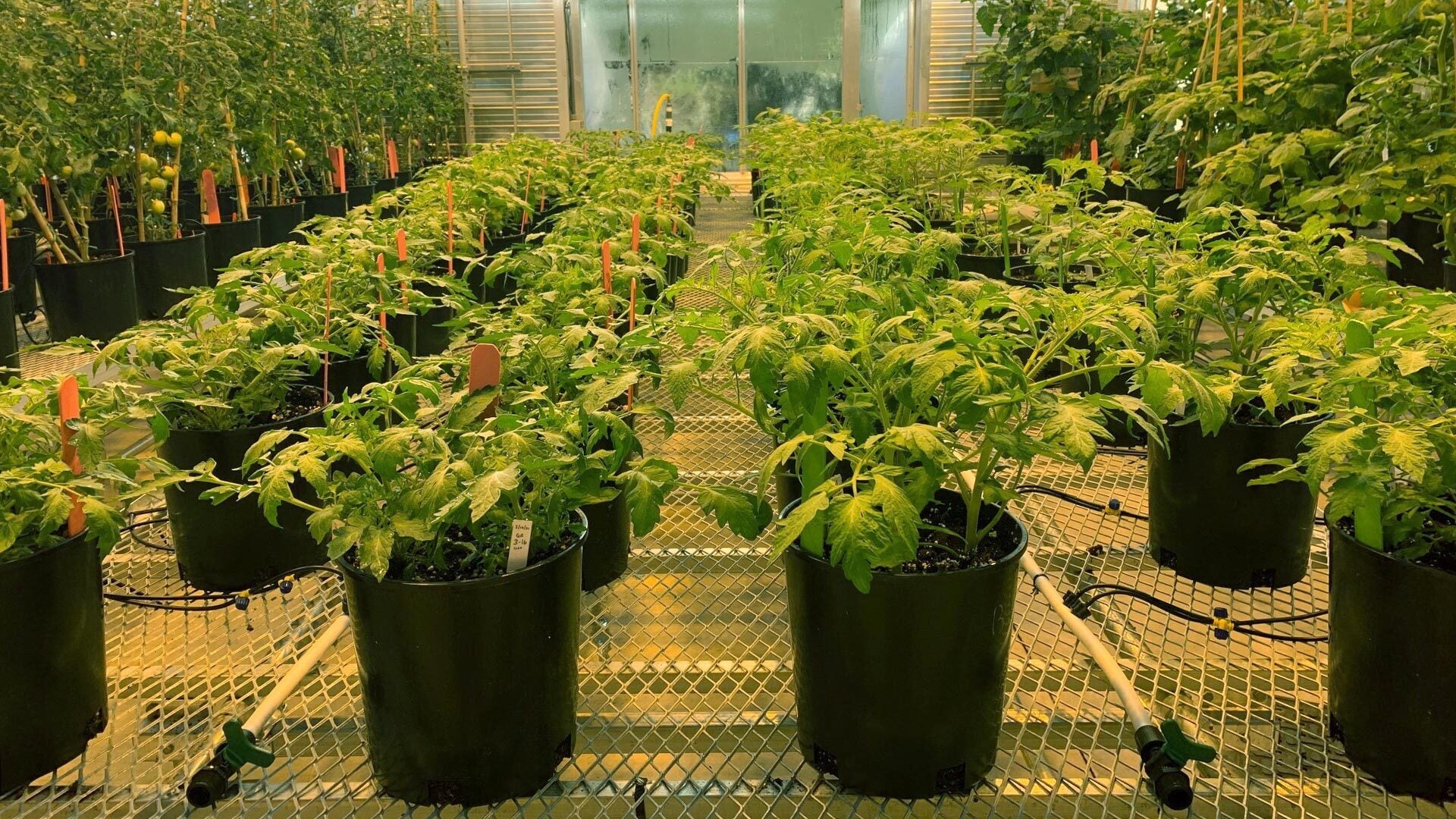The Nobel Prize-winning gene editing tool CRISPR/Cas9 is revolutionizing agriculture and adding a new dimension to the policy debate over how governments classify GMOs (genetically modified organisms). In a break from the European Union, which historically has tightly regulated genetically modified foods, the UK government has proposed regulating CRISPR crops far less stringently than previous types of genetic manipulations. For example, the UK is considering allowing CRISPR crops to be sold without special labels that are required for other “GMOs.” What the UK decides will have broad policy implications for agriculture and beyond. Recently, Cold Spring Harbor Laboratory Professor and HHMI Investigator Zach Lippman shared his scientific insights on CRISPR crops with the BBC podcast, The Food Programme.
Lippman supports the less stringent regulation. He says “there are massive amounts of natural DNA mutations that exist” and CRISPR simply accelerates natural breeding processes that farmers and breeders have used since the beginning of crop cultivation. He explains that the new technology requires scientists to introduce two things into plants: the “Cas9 molecular scissors” and a specially designed bit of guide RNA that targets the molecular scissors to the desired piece of native DNA to make the desired change, or mutation. “Once these two materials do their work and introduce the desired gene mutation, that tool is no longer needed,” says Lippman. Afterward, crop researchers do what any breeder would do: mate the CRISPR plant with an unmodified plant. Within a generation the CRISPR tools are bred out of the plant “and we’re only left with the desirable mutation.”
Accelerating climate change makes innovation in agriculture ever more important. Lippman’s lab is using CRISPR to make crops like tomato and their relatives more productive and adaptable to new growth conditions. For example, he designed tomatoes that can grow in urban environments.
But before these high-tech crops can make a big difference to our food supply, Lippman acknowledges that regulators and the public need to understand more about CRISPR science. “The first step is going to be acceptance by consumers,” he says. “I understand the apprehension people have. It is very different. But you also have to think about how remarkable and exciting the technology is for expanding the types of crops we can consume.”
Written by: Eliene Augenbraun, Creative Director | publicaffairs@cshl.edu | 516-367-8455
Citation
https://www.bbc.co.uk/sounds/play/m000sxg2 BBC Radio 4/The Food Programme: Genome editing and the future of food with Dan Saladino
Principal Investigator

Zachary Lippman
Professor & HHMI Investigator
Jacob Goldfield Professor of Genetics
Director of Graduate Studies
Ph.D., Watson School of Biological Sciences at Cold Spring Harbor Laboratory, 2004
